The use of herbs and other natural remedies is a cornerstone of many traditional health systems throughout Africa. Accessibility, affordability, cultural acceptance and spiritual values make herbal medicine an important part of African health care.
Herbalism was a daily practice of empowerment and healing for enslaved Africans who lived under harsh conditions. It was also an effective tool for survival and even bargaining for freedom.
What are some African herbs that are commonly used in traditional spiritual practices?
Medicinal plant species are used in a variety of African traditional spiritual practices. Many common herbs used in Africa include Rooibos (Aspalathus linearis), Devil’s claw (Harpagophytum procumbens), Buchu (Agathosma betulina) and Cape Aloe (Aloe ferox).
A large portion of Africa’s population relies on traditional medicine for primary health care. Herbal medicines are regarded as an effective form of prevention, diagnosis and treatment in many areas.
One of the most common forms of traditional medicine in West Africa is divination. During this process, a healer can connect with the spirit world to determine the source of an illness or to gain information about someone’s future.
Traditional healers can also burn or sprinkle herbal powders on a person’s body to help them connect with the spirits. The herbs they use depend on the region and the type of healing they wish to achieve.
How can I incorporate African herbs into my spiritual practices?
Herbs have been around for thousands of years and can be used in all sorts of ways. One way in which they are often used is as part of a ritual or spiritual practice. The most common use is for divination, which is the process of obtaining information by consulting the spirit world.
It is also a common practice to burn herbal powders to produce smoke that can be used as a form of cleansing. Depending on the region, this is probably the most likely to be a pure healing function, but it is also an effective tool for connecting with ancestors and spirit guides.
In short, herbalism has been around for ages and continues to be a useful part of a holistic health care system. In the modern era, it has been surpassed by some other modalities, including nutrition and exercise, but it still remains an important part of overall wellness. Herbs have been known to assist with things like mood enhancement, sleep, pain management, and even weight loss.
Magick with a k
Magick is a term used to describe the use of spiritual tools, including ritual, for the purpose of influencing the physical world. This can include a variety of activities, from healing to casting spells.
In traditional spiritual practices, people often use herbs to treat various illnesses and ailments. They are a natural form of medicine that is inexpensive and accessible to most people.
Many African herbs have been used as a way to heal and maintain health in the past. Herbal medicine is still used today in traditional communities across Africa, especially in places that have little access to modern medical care.
The British occultist Aleister Crowley wrote about the importance of Magick and defined it as the Science and Art of causing Change to occur in conformity with Will. He added the letter k to the end of the word to differentiate it from sleight of hand, prestidigitation and other types of stage magic.
Hoodoo
Hoodoo is a practice that blends preexisting African religions and spiritual practices with Southern American culture. It arose out of necessity in the eighteenth century when enslaved African people were forced to use spiritual practices to rebel against their captors.
While hoodoo is not a religion, it has its own rituals, leaders, teachers, and representatives, as well as a set of deities and spirits that are worshipped and respected. It is derived from West African spiritual traditions and has roots in Haiti, where it is also called Vodou.
When enslaved Africans began to travel to the Americas and the Caribbean, they often adapted their language and spiritual beliefs to the dominant Christian or Islamic faith of the area. This allowed them to maintain their religious beliefs while also practicing healing work and performing traditional herbal rituals.
Frequently Asked Questions
What is the difference between herbs and spices?
Herbs are used for cooking, and spices are used for seasoning.
Herbs have more intense flavors and can be used to cook dishes, while spices can bring out the flavor of foods without altering the taste.
Spices can also be added to food during preparation, such as curry. Spices may be bought individually, or whole packages may be purchased. There are many spices, including black pepper, cayenne pepper, cinnamon, cloves, coriander, garlic, ginger, nutmeg, oregano, paprika, parsley, rosemary, sage, salt, thyme, turmeric, vanilla extract, etc.
The best way to ensure that you are selecting the right spice for your dish is to read the label carefully. If there is an ingredient list, look for "spice" among the ingredients. A common mistake cooks make is buying too much of a particular spice because they do not realize how little they need.
There are a few basic rules to follow when choosing which herb or spice to use. For example, most herbs are fresh, whereas spices tend to last longer. Also, herbs are generally found in small quantities, while spices come in larger containers. Finally, most herbs are usually sold loose (or ground), while spices are packaged in jars or cans.
As long as you are careful to select the correct herbs or spices, you will find that adding them to recipes makes preparing meals easier. After all, spices add flavor to various dishes, while herbs can help improve the appearance and aroma of food.
What herbs should you take daily?
Depending on your health and wellness needs, many herbs can be taken daily to help improve your overall health.
Popular herbs for daily consumption include ashwagandha, turmeric, ginger, holy basil, chamomile, lavender, peppermint, and cayenne pepper. Ashwagandha is an adaptogenic herb that can help the body resist stress and anxiety. Turmeric is known for its anti-inflammatory properties, while ginger has been shown to aid digestion and boost immunity. Holy basil may help with managing blood sugar levels, as well as providing a calming effect. Chamomile can promote relaxation, while lavender is used in aromatherapy for its calming properties. Peppermint can help aid digestion and reduce nausea, while cayenne pepper has antibacterial properties that may boost your immunity.
As always, you must consult your doctor before taking herbs daily to ensure they are safe for you and do not interact with any other medications or herbs you may be taking.
There is no shortage of information on what foods we should eat and how much exercise we should do. But when it comes to what supplements we should take, there is a dearth of knowledge.
This is because most of us aren’t sure which ones work or which are junk. So we go online and look up whatever we can find.
But often, these articles are written by companies trying to promote their products. Which means they're usually biased toward their product.
So instead of finding unbiased advice, we end up reading marketing hype.
This makes sense since marketers make more money selling stuff than doctors.
The medical industry isn’t even allowed to advertise directly to consumers anymore. The best way to learn about natural remedies is to read independent reviews.
This is where you'll find real users sharing their experiences with each supplement. These sites give you an honest opinion of whether or not a particular herb helps.
Users will often share their experience with a supplement after taking it. This gives you a good idea of its effectiveness and any side effects.
You can also check out forums dedicated to herbalism. Here you can ask questions and receive answers based on personal experience.
Of course, there are plenty of other ways to learn about herbs.
There are books, websites, blogs, videos, podcasts, and classes. All of them provide valuable information about natural remedies.
How to make herbal remedies at home?
Making herbal remedies at home is easy. All you need is fresh herbs, water, salt, and sugar. You can use any herb, depending on what you want to create.
For example, choose mint, basil, chamomile, or lemon balm to make a soothing tea. If you want to make a cooling drink, try rosemary, thyme, lavender, or eucalyptus.
All you need to do is put all the ingredients into a pot and boil them until they become soft. Strain out the herbs and serve hot.
Add honey to the boiling mixture to make a tonic drink. Honey is a preservative and will keep your herbal remedy fresh for longer.
You can also combine two or three herbs to make a more potent brew. For instance, you could mix equal parts of garlic and ginger to make a powerful antiseptic. Or you can combine equal amounts of turmeric and ginger to make a potent immune booster.
Soak a clean cloth in warm water and place it over the affected area to make a compress. Leave it for 10 minutes before removing it. Do this every day until the swelling goes down.
Make sure you consult your doctor first before using herbal remedies. Some plants may interact negatively with other medications. Also, don't take large quantities of herbs because they can cause side effects.
How is basil used for medicinal purposes?
In ancient times, doctors would prescribe basil leaves to treat colds and coughs. Today, basil contains powerful anti-inflammatory properties, making it an ideal remedy for arthritis, asthma, bronchitis, eczema, gout, hay fever, indigestion, migraines, menstrual cramps, sinus infections, sore throats, ulcers, varicose veins, and more.
Basil is also known for its ability to help protect against cancer, heart disease, diabetes, skin conditions, and even aging.
Basil is often referred to as "the herb of grace" because it helps us relax and unwind after stressful situations. It is also said to improve memory and concentration, boost energy levels, increase libido, and enhance athletic performance.
The list goes on and on. Basil is a versatile plant that offers a wide range of benefits for our health and well-being.
Statistics
- Herbs are among the most popular and widely used medicinal remedies. According to a survey conducted by the National Institutes of Health, herbs were used by over 38% of adults in the United States.
- The herbs market is highly competitive, with over 1,000 herb suppliers and over 15,000 herbs products available in the United States alone.
External Links
amazon.com
mskcc.org
- Ashwagandha | Memorial Sloan Kettering Cancer Center
- Grape Seed | Memorial Sloan Kettering Cancer Center
en.wikipedia.org
sciencedirect.com
- Peppermint oil (Mintoil®) in the treatment of irritable bowel syndrome: A prospective, double-blind placebo-controlled randomized trial
- Curcumin reverses the effects of chronic stress on behavior, the HPA axis, BDNF expression, and phosphorylation of CREB
How To
How to Use Herbs and Spices in Cooking?
Herbs and spices are a great way to add flavor without adding calories. If you've been cooking for years, you already know how easy it is to make even bland foods taste delicious. Try these tips to add more flair to your dishes.
Herbs and spices are essential ingredients in any kitchen. In addition to making food taste better, they also help keep food fresh longer. From enhancing the flavors of soups and sauces to infusing drinks with exotic tastes, herbs and spices go far beyond traditional cooking.
The most important thing to remember when using herbs and spices is to use them sparingly. Even though they may seem like powerful ingredients, they have a strong scent. So, sprinkle them on top instead of piling them onto a dish.
You'll find that the best herbs and spices come in small containers. This makes them easier to measure out, so there won't be any waste. Plus, you'll save money because you won't have to buy large amounts.
Another tip is to avoid placing herbs and spices directly on hot pans. Heat will quickly dry out the herbs and spices, leaving a bitter aftertaste. Instead, place them on paper towels to absorb excess moisture.
Use herbs and spices liberally in recipes where they naturally complement each other. For example, cinnamon pairs well with apples, while garlic complements tomatoes. Once you learn how to combine flavors, you'll be able to create your signature dishes.
Try experimenting with different herbs and spices to spice up meals. For instance, mix thyme, rosemary, oregano, and basil in a bowl. Add salt and pepper to taste. Then toss the mixture with pasta, chicken, or fish.
After the meal, store leftover herbs and spices in airtight jars. This will prevent them from drying out. Also, wrap unused herbs and spices tightly in plastic wrap. They should stay fresh for at least three months.
If you're looking for ways to improve your diet, consider trying new herbs and spices. You can experiment with different blends until you discover your favorite combination. The possibilities are endless!
Resources:
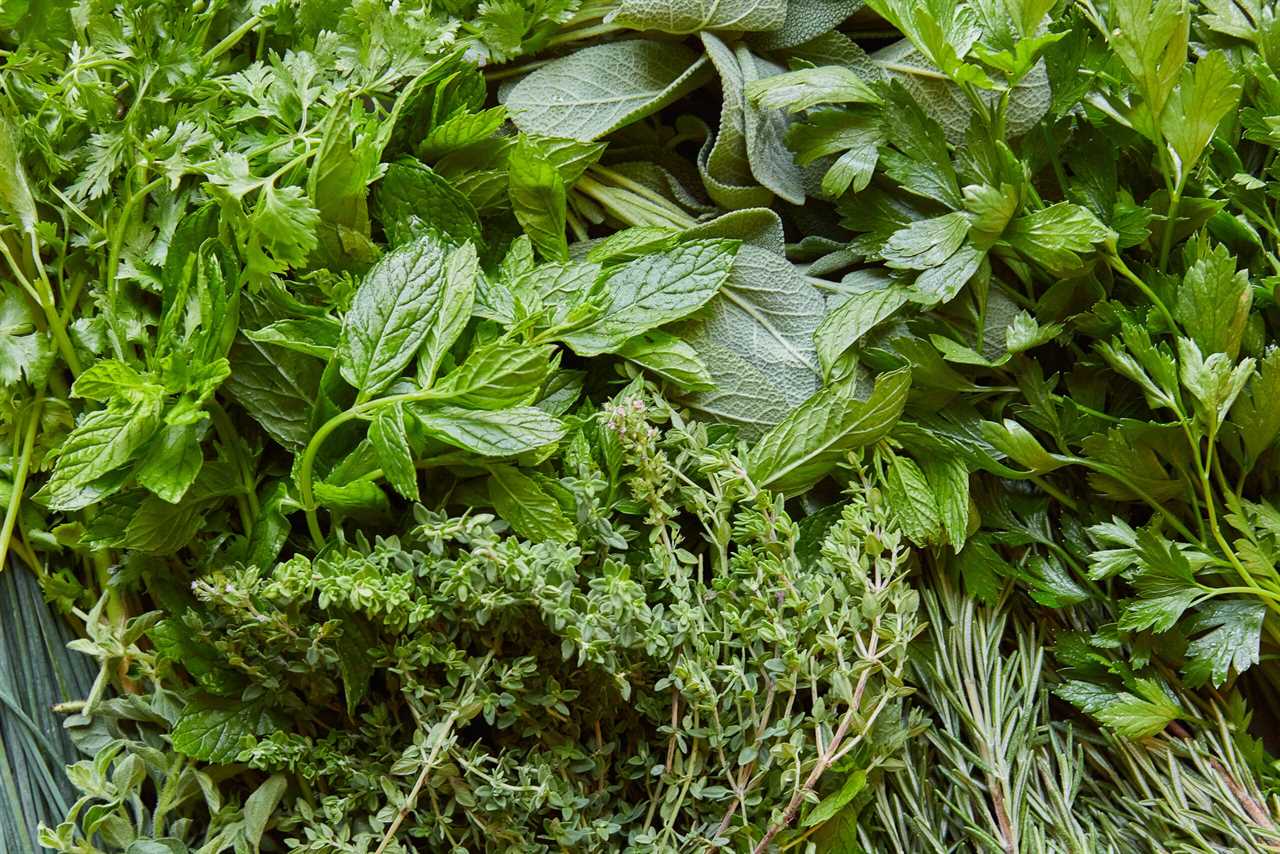 |
FARM CLEAN UP, EASTER SELLS, AND FINALLY PLANTING SHURBS!Flower farm is just starting! The yarrow is showing out, sweet William flowers are absolutely beautiful! We're slowly cleaning up the flower farm and I'm |
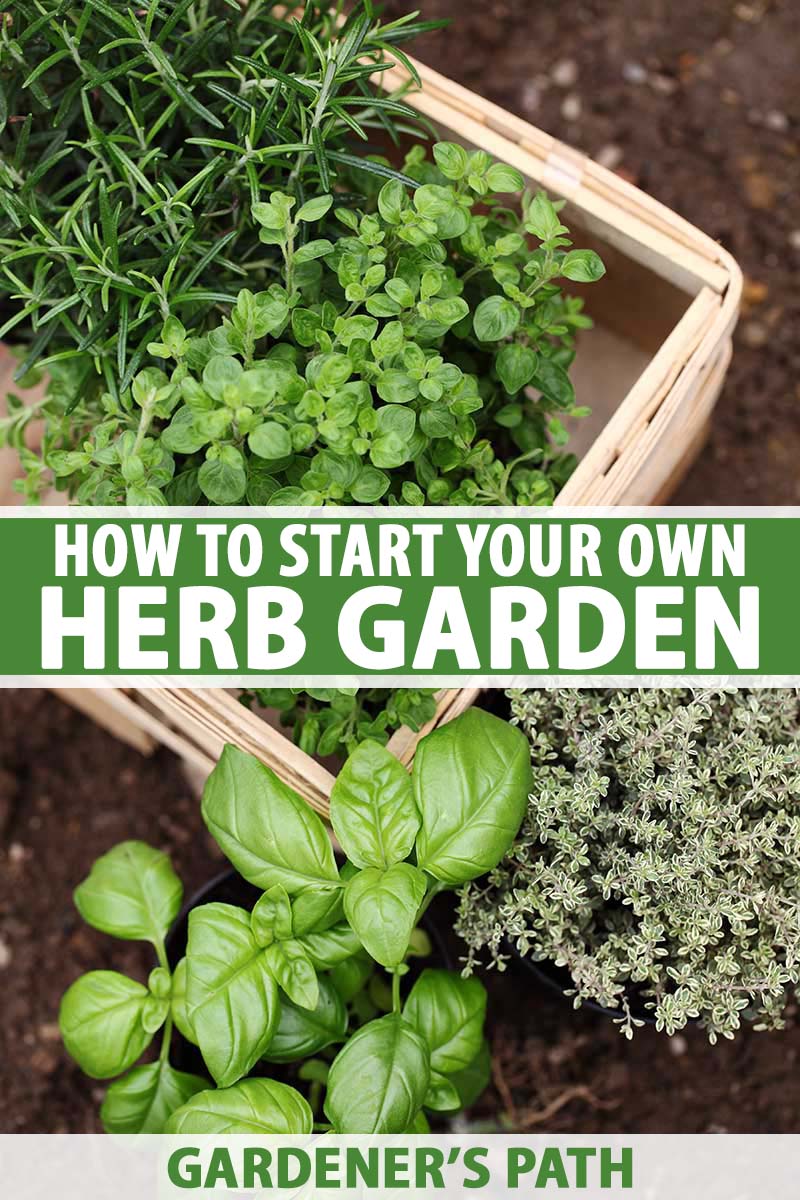 |
Spring Garden Harvest A Bucket Of Flavor!Elevating the everyday is our mission. At Belovedsaffron.com, we think the world deserves more than conventional cuisines — and more than take-out.. |
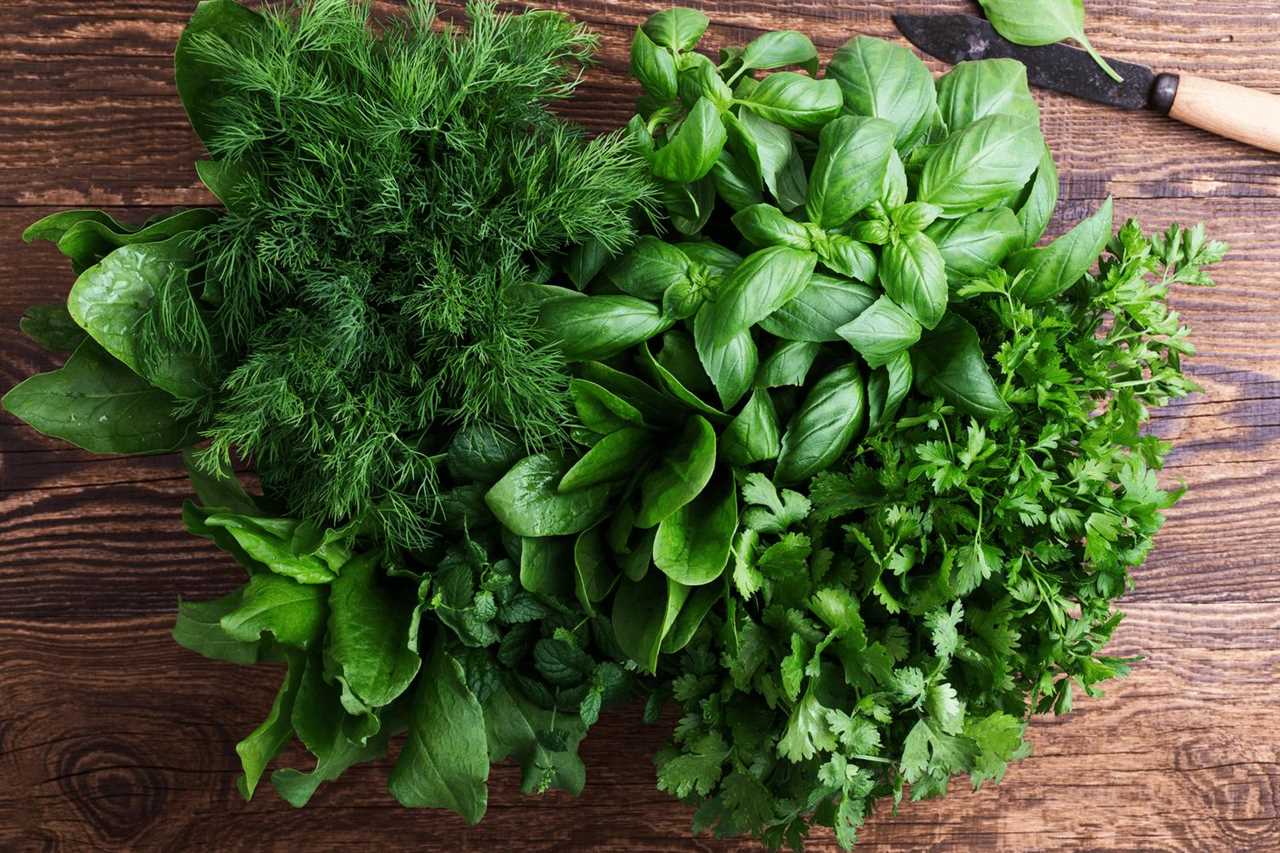 |
Put aluminum foil in your toilet! After 5 minutes be shocked by the result (Dollar Tree Trick)At Belovedsaffron.com, we are passionate about spices, herbs, recipes and organic eating and on a mission to bring you awareness about flavours from.. |
 |
Let's make a self heal oxymel!Welcome to BelovedSaffron.com, where we celebrate all the wonderful flavours of spices and herbs worldwide! We are not just chefs but food.. |
 |
THE EASY WAY OF GROWING CARROTS AWAY FROM SQUIRRELS and AnimalsWelcome to Belovedsaffron.com, where we embrace everything related to spices, herbs, nutritious food, and organic eating! We are not professional.. |
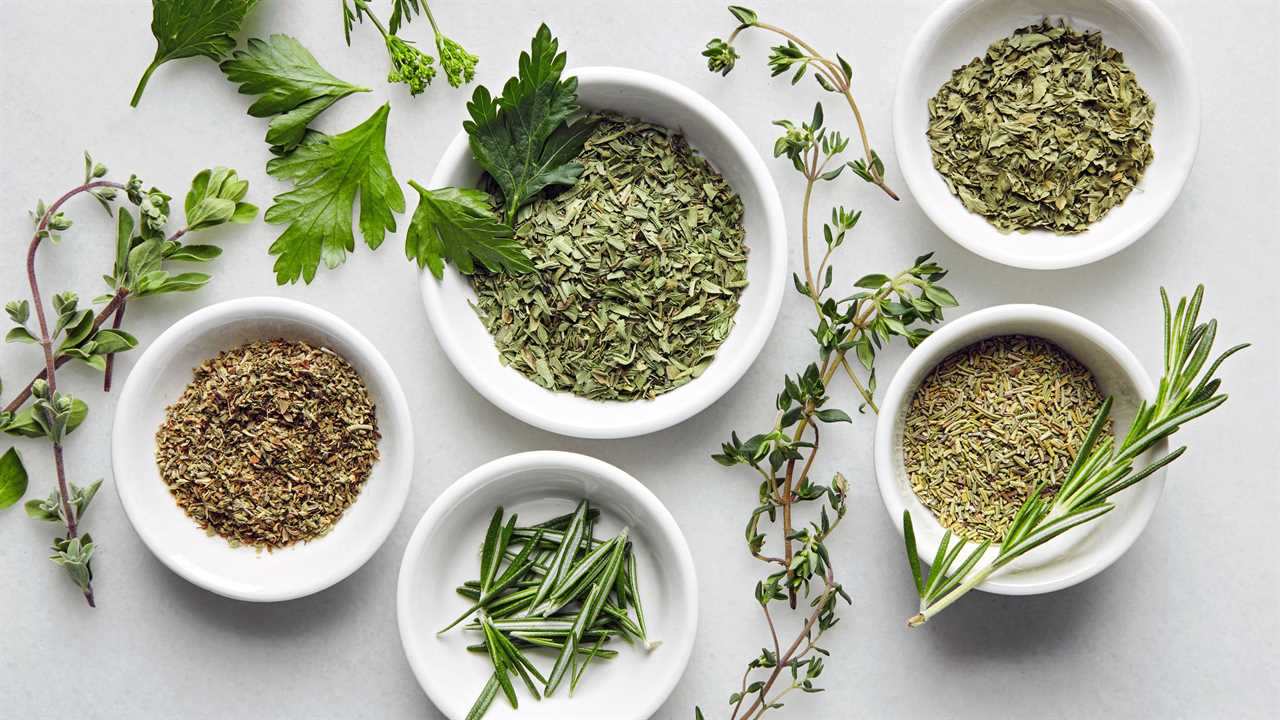 |
CHINESE HERBS AND DRY GOODSAt Belovedsaffron.com, we are passionate about spices, herbs, recipes and organic eating and on a mission to bring you awareness about flavours from.. |
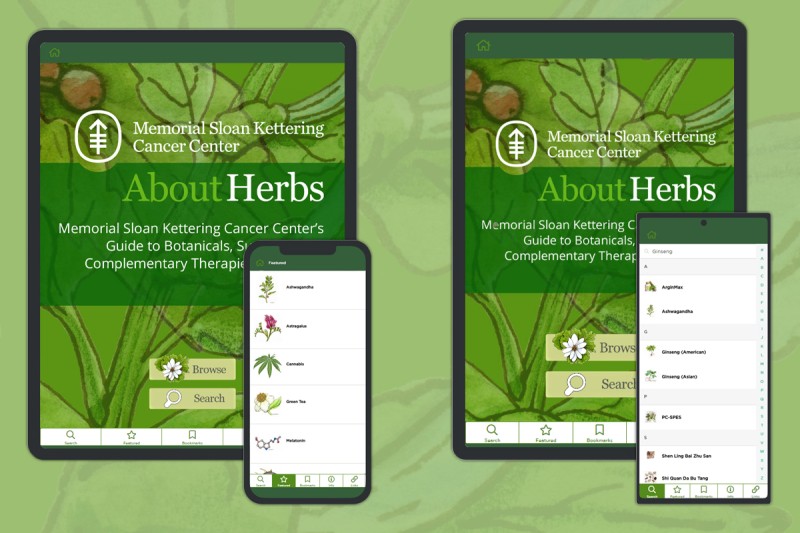 |
#LAMH Latest Tea & Live Gender REVEAL w Empress RadioWelcome to BelovedSaffron.com, where we celebrate all the wonderful flavours of spices and herbs worldwide! We are not just chefs but food.. |
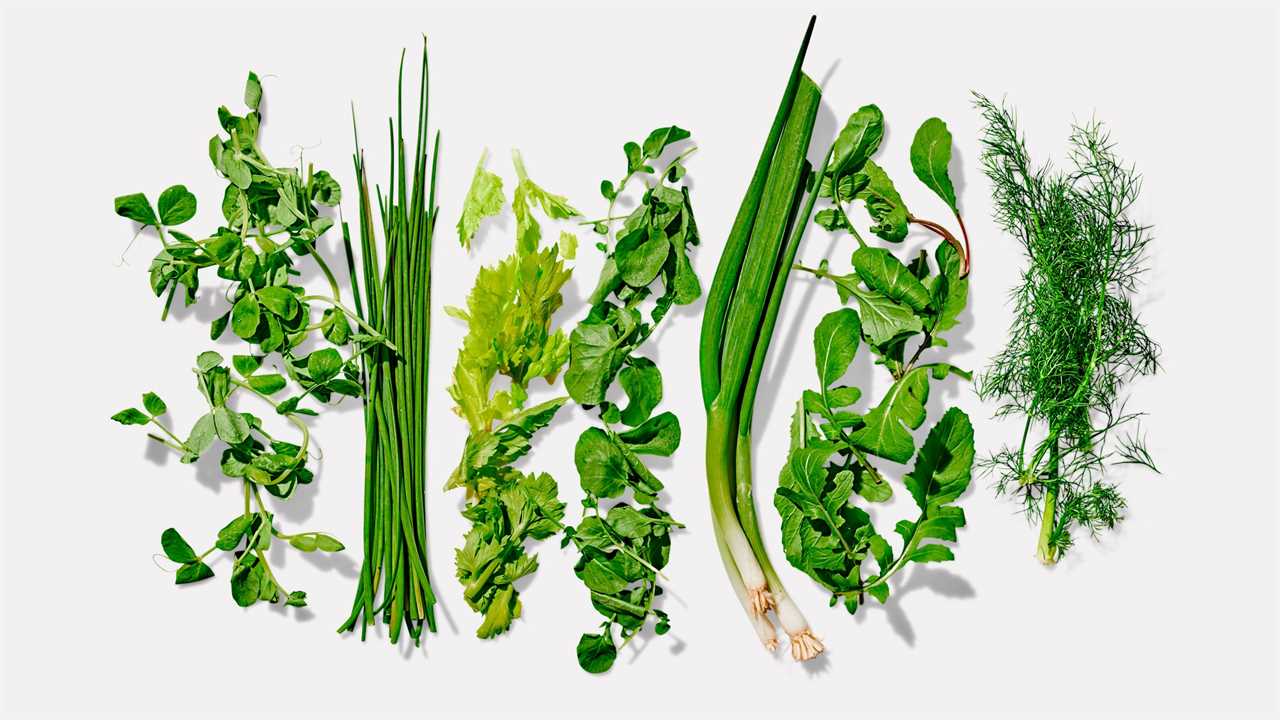 |
MAGIC, DELIVERED Unboxing | Herbology & Magical PlantsAt Belovedsaffron.com, we are passionate about spices, herbs, recipes and organic eating. It is our mission to bring awareness of flavors from around |
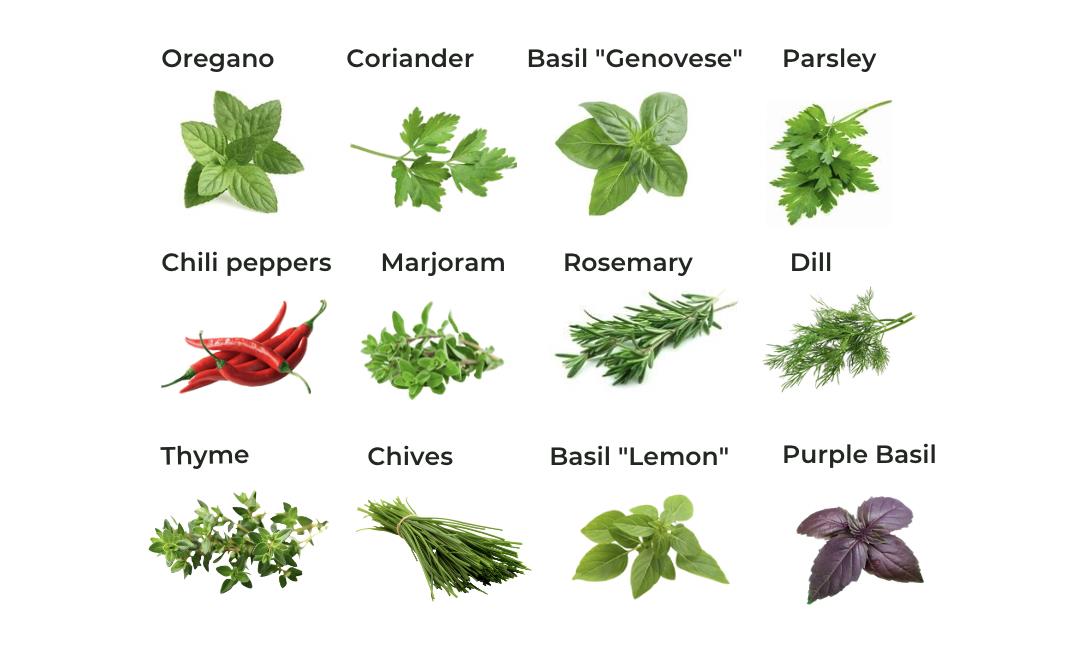 |
Couple Builds a SUNKEN GREENHOUSE for $4,500 — Ep. 125Welcome to Belovedsaffron.com, where we embrace everything related to spices, herbs, nutritious food, and organic eating! We are not professional.. |
 |
CHINESE HERBS AND DRY GOODSCHINESE HERBS AND DRY GOODS |
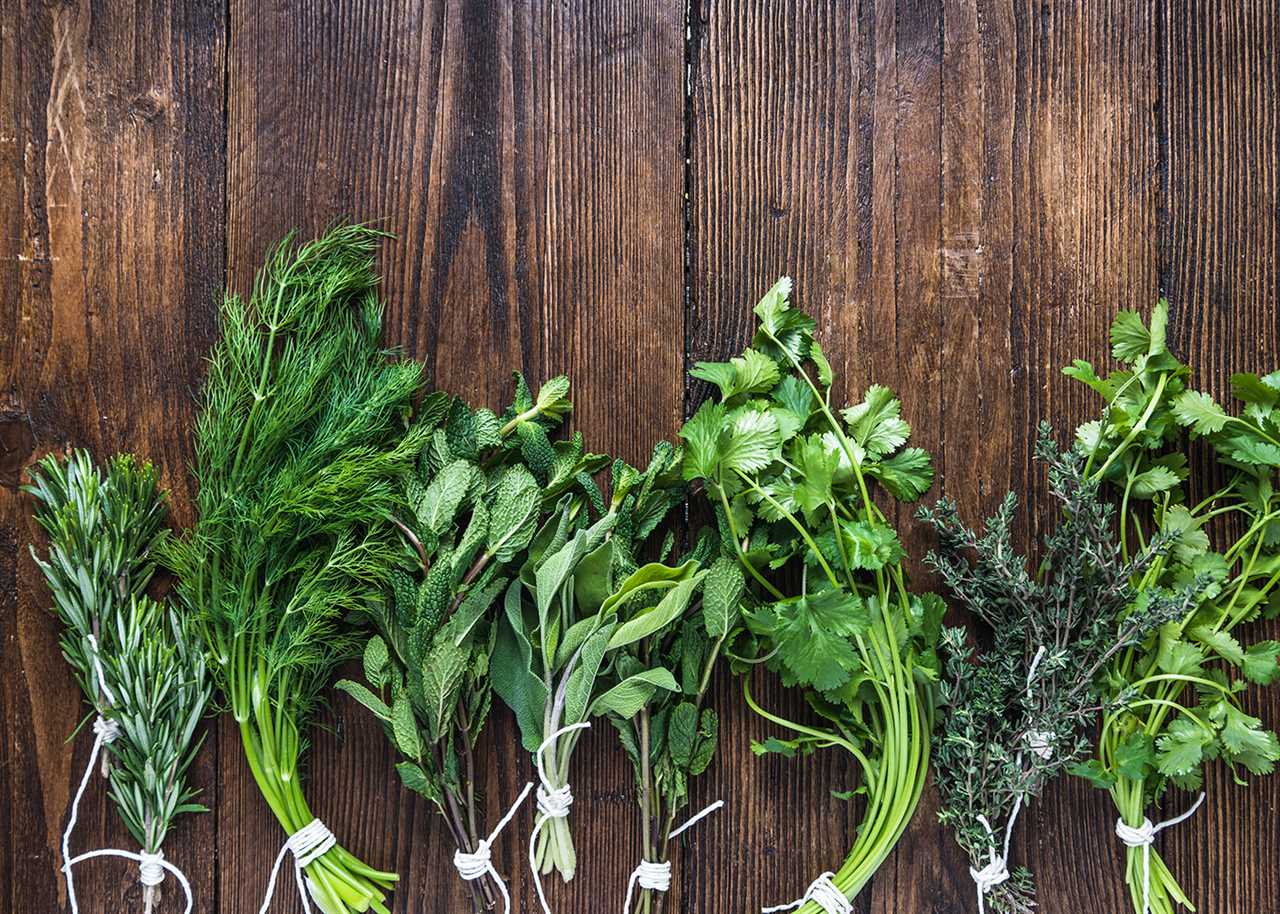 |
Enchant Ramp | MOM Standard | MTG ArenaAt Belovedsaffron.com, we are passionate about spices, herbs, recipes and organic eating. We are on a mission to bring you awareness about flavours.. |
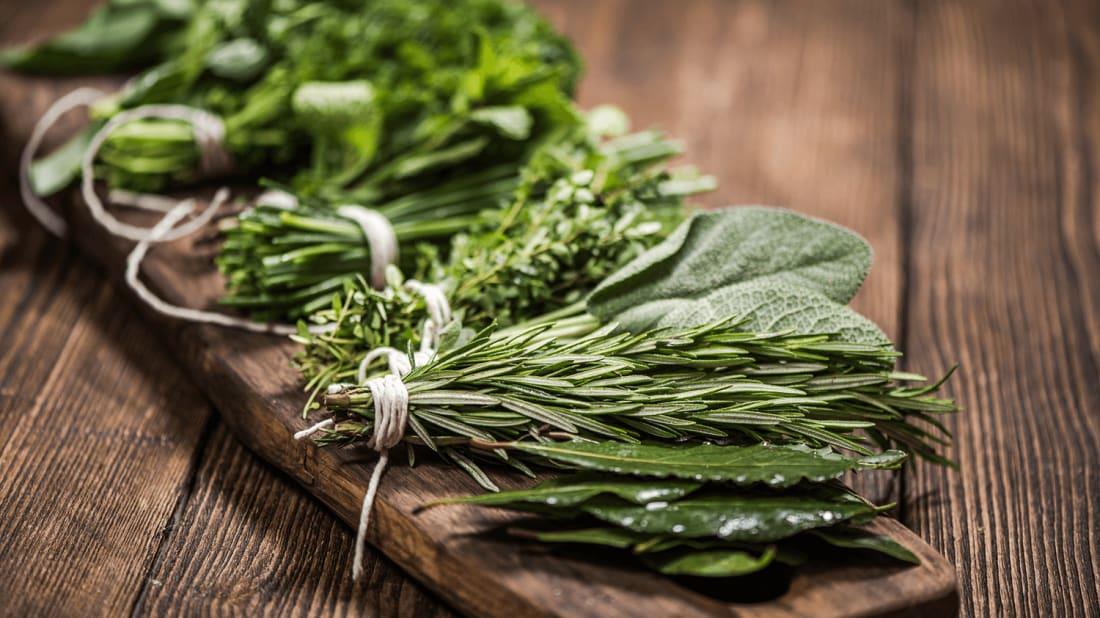 |
Join 10,000 Students Who Have Learned Herbs with Michael and Lesley Tierra - East West School of Planetary HerbologyLearn herbs from respected professional herbalists offering world-class herbalist training. The NEW Professional Herbalist Course includes courses on over 600 |
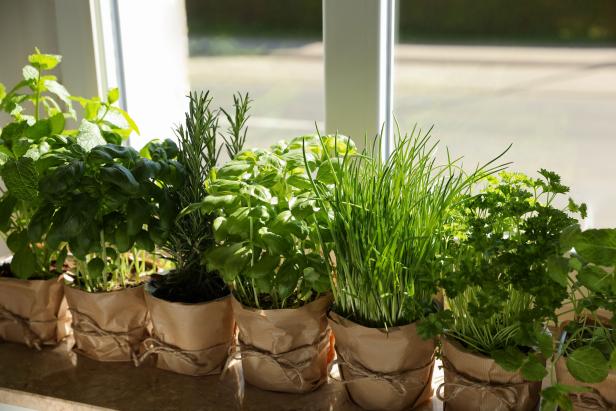 |
The Sims 2 Desiderata Valley Stream 18!At Belovedsaffron.com, we are passionate about spices, herbs, recipes and organic eating. It is our mission to bring awareness of flavors from around |
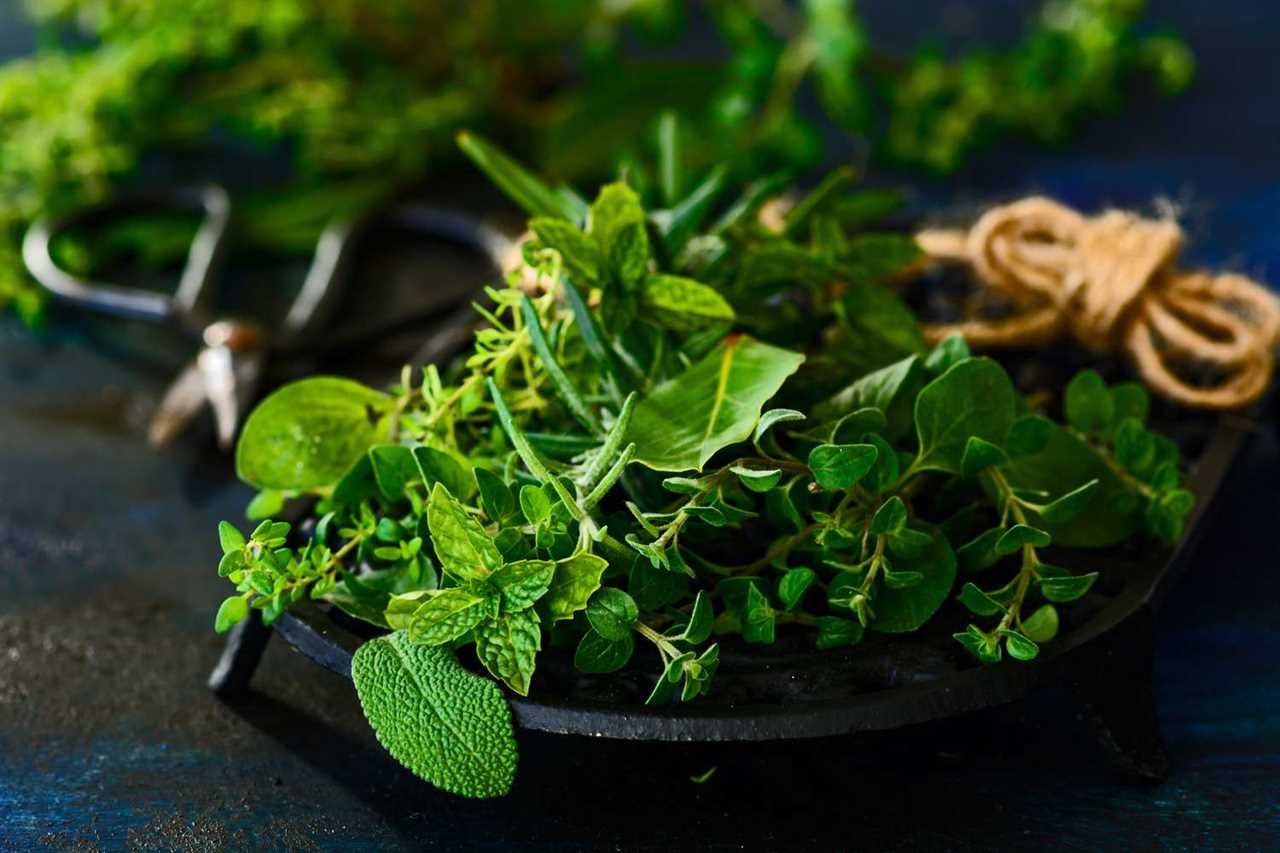 |
Fried Spinach Piroshki in the Village with fresh herbs - Oriental pastriesAt Belovedsaffron.com, we're passionate about flavours, cultures and cooking wisdom from around the world. We seek to bring you closer to sustainable |
 |
How to Dry and Store HerbsElevating the everyday is our mission. At Belovedsaffron.com, we think the world deserves more than conventional cuisines — and more than take-out.. |
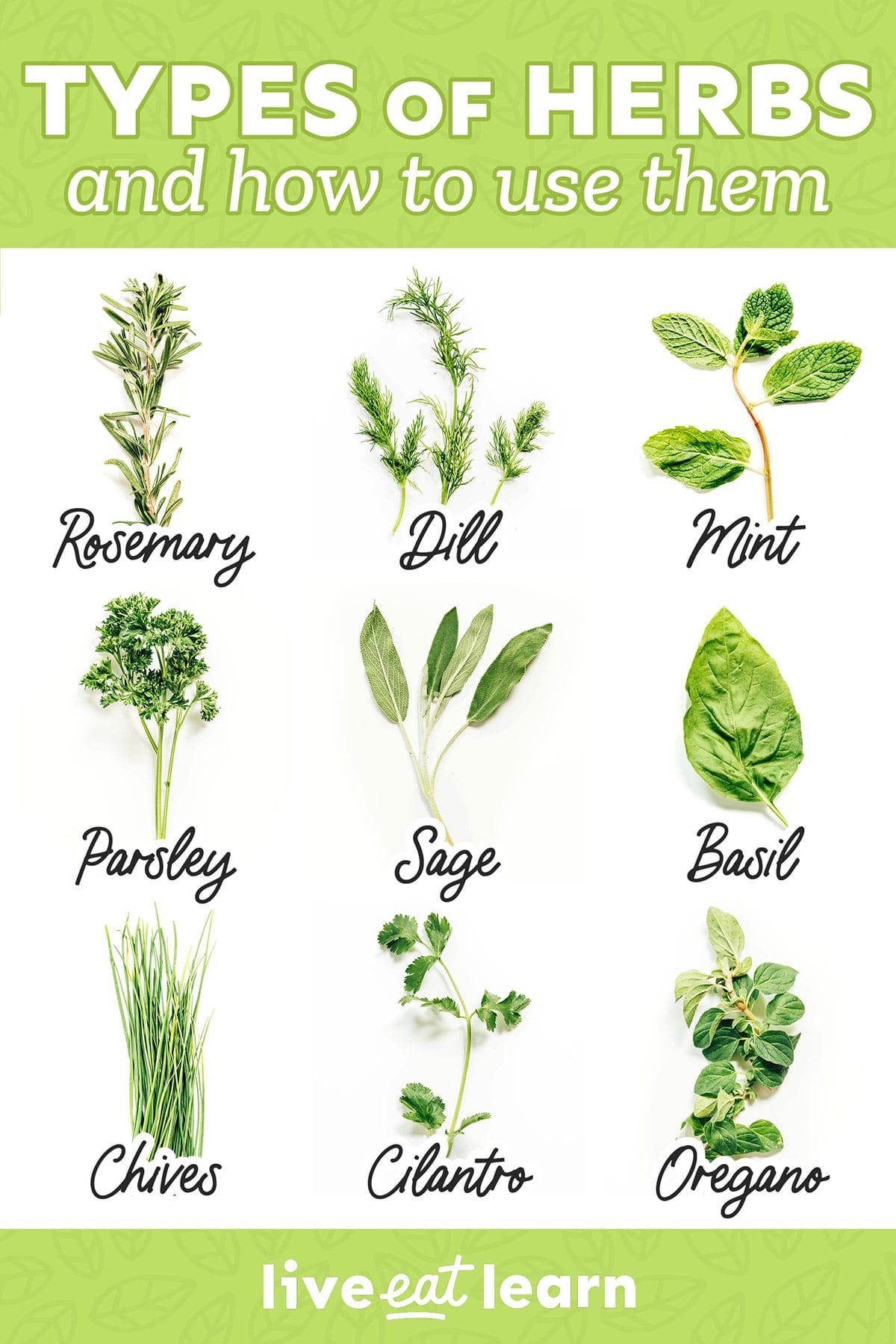 |
Cooking With Herbs For a Diabetic DietMany people with diabetes use herbs to help keep their blood sugar levels in check. While herbs are a great way to naturally manage diabetes, it is.. |
 |
How To Make African Locust Beans SumbalaAt Belovedsaffron.com, we are dedicated to exploring the amazing world of spices and herbs, encouraging sustainable eating practices and sharing.. |
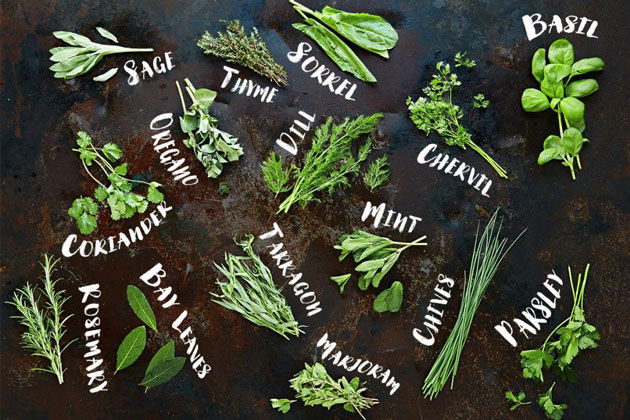 |
herbs for health |Discover the Healing Power of NatureIn this informative video, we explore the healing power of herbs and how they can promote good health and wellness. Join us as we journey into the natural |
 |
5 Fast Growing Veggies You Can Harvest in Under 1 MonthIf you're just getting started on your first garden, it's important to have early success. These 5 groups of crops are extremely easy and fast to grow, so you |
 |
Apr 26, Hawthorn with Tatiana EavesHawthorn is often revered for how it strengthens the physical heart but this is just one of the medicinal gifts Tatiana Eaves mentions. Find out the rest here! |
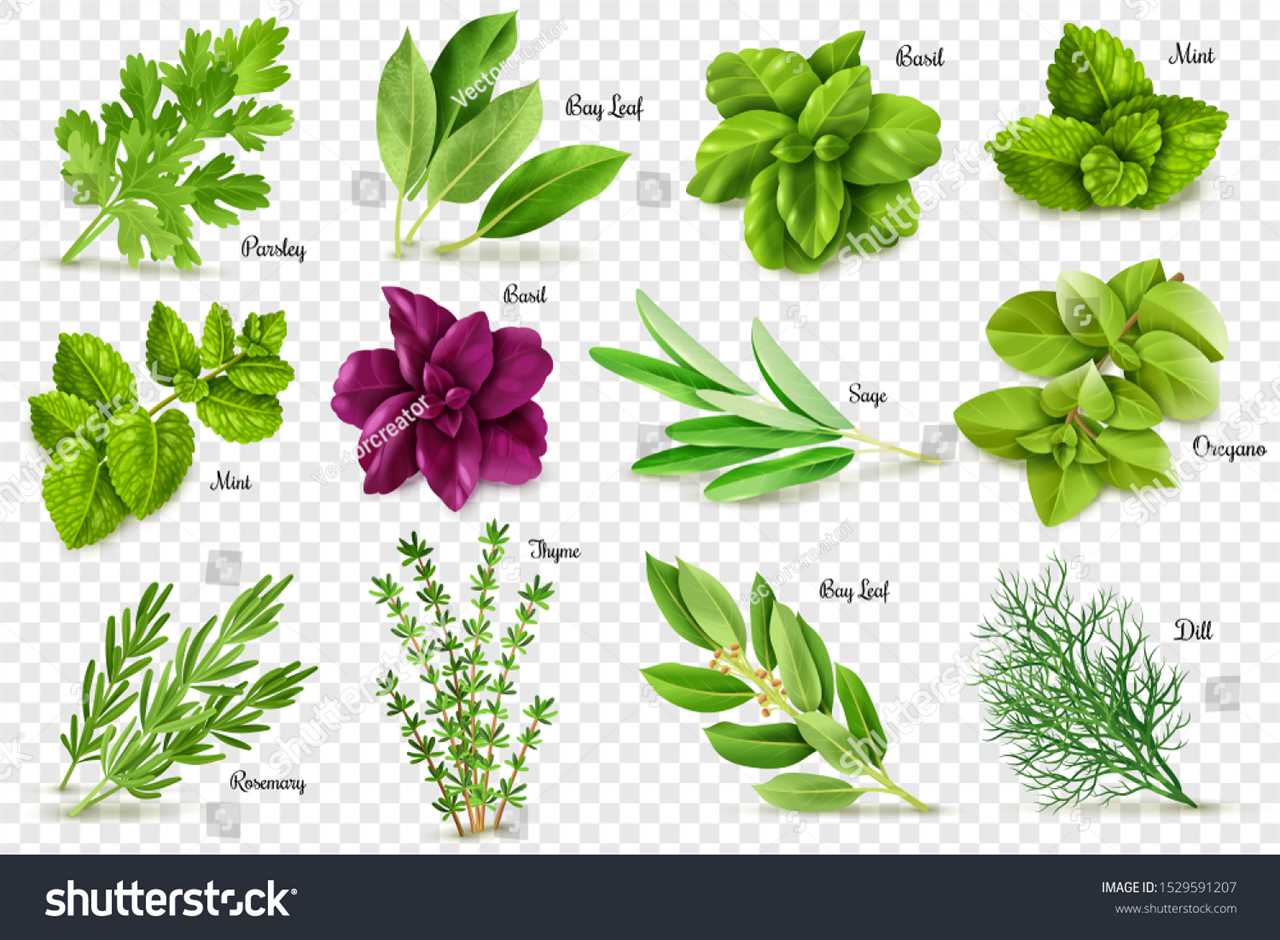 |
A Video Identification Guide To Edible & Medicinal Plants - Pt. 2Hey guys welcome to the second season of identification videos on edible and medicinal plants. In this video there are 13 different plants some are medicinal, |
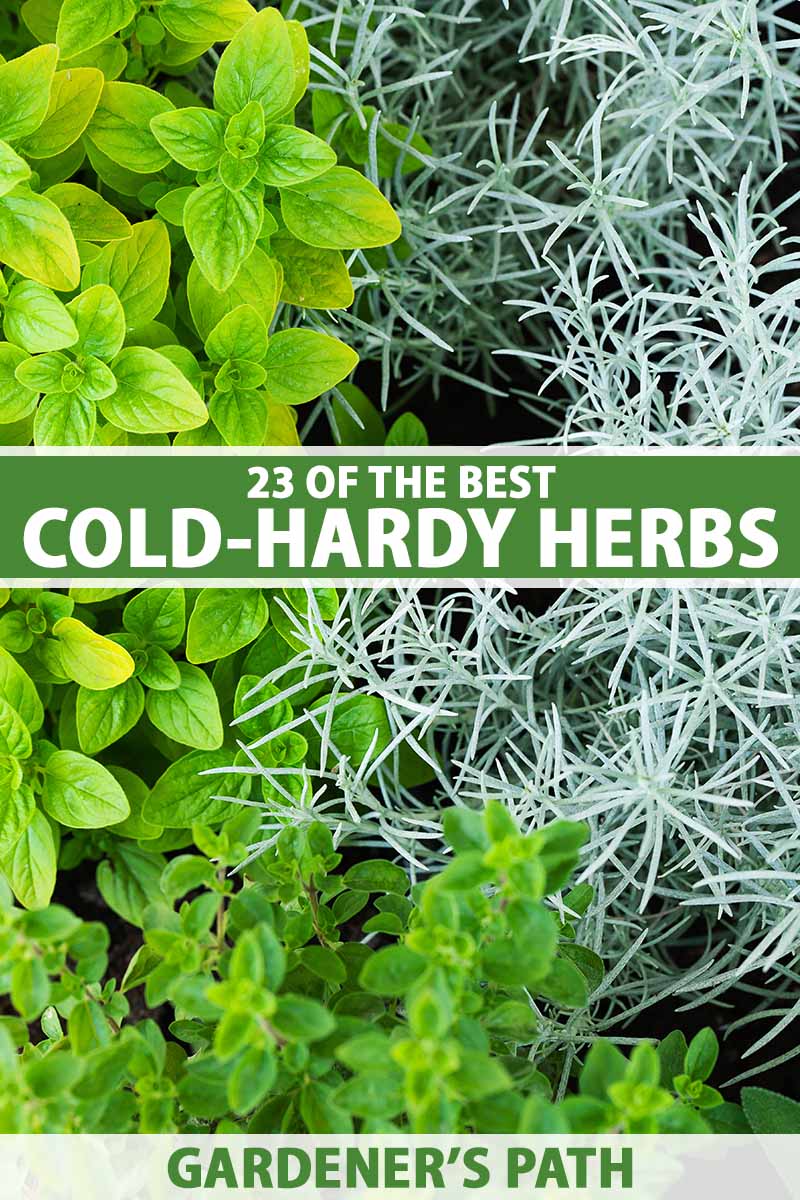 |
My Top Tricks of the Trade RevealedWhat does a muffin tin have to do with saving time in the garden? Well, sometimes the simplest trick can make all the difference! With these ingenious hacks, |
 |
Herbs, Peppers, Cucumbers and More!!!Finally getting some veggies and herbs in the ground. $5 of free garden seeds Get $5 of free seeds credit when you sign up with a free Seedtime |
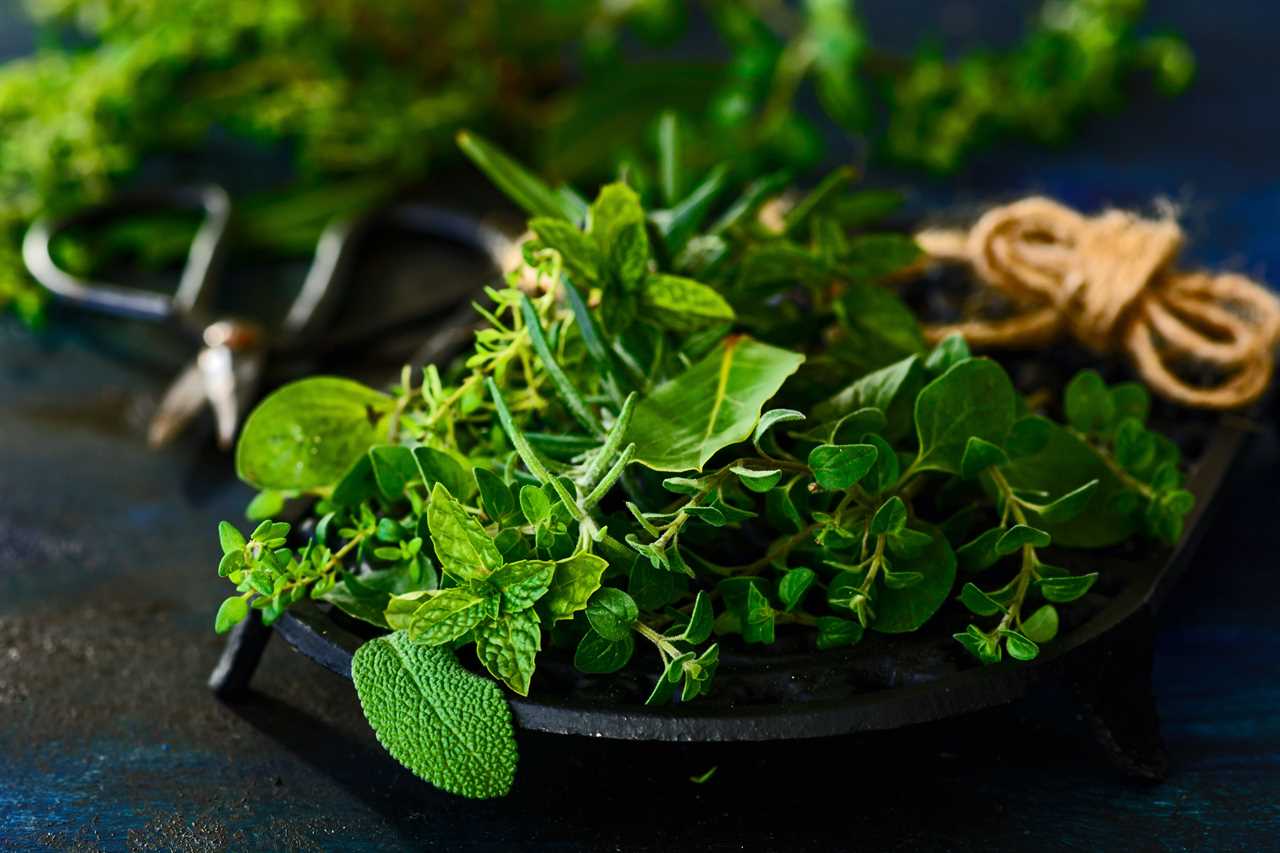 |
Home of HerbsFind out more about herbs and how to use them |
 |
First Garden Tour of 2023 / The In Between GardenAt Belovedsaffron.com, we are passionate about spices, herbs, good food and organic eating. Our mission is to bring awareness about the different.. |
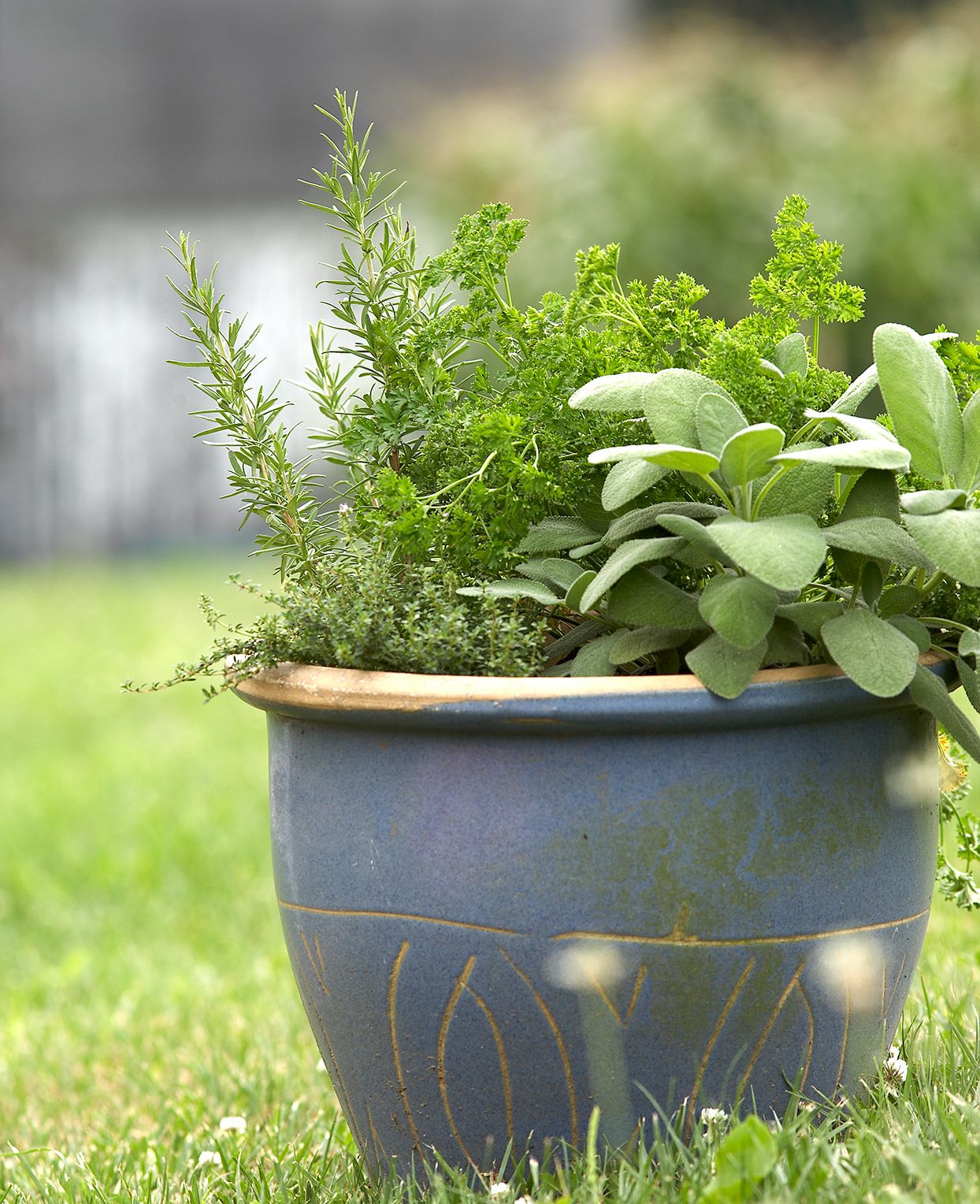 |
Herbs for Reducing Symptoms of Ulcerative ColitisUlcerative colitis is a chronic, inflammatory bowel disease that affects the colon. It causes diarrhea, bloody stools, and abdominal pain... |
 |
4 Medicinal Plants that Are Incredibly Good for YouDid you know that 25% of all prescription drugs in the U.S. come from substances that are found only in plants? In this episode of SciShow, we take a look at |
 |
How To Harvest HerbsGrab a clean pair of sharp scissors and learn how to harvest basil, mint, oregano, parsley, rosemary, sage, and thyme from your herb garden. In this video, |
 |
5 Tips for growing a season long salad gardenWelcome to Belovedsaffron.com, where we embrace everything related to spices, herbs, nutritious food, and organic eating! We are not professional.. |
 |
5 Natural Herbs For Back PainEdited by YouCut:https://youcutapp.page.link/BestEditor |
 |
Flavonoid-Rich Hibiscus Chutney RecipeWelcome to Belovedsaffron.com, where we are passionate about spices, herbs, recipes and organic eating! Here you will find a wide range of spices,.. |
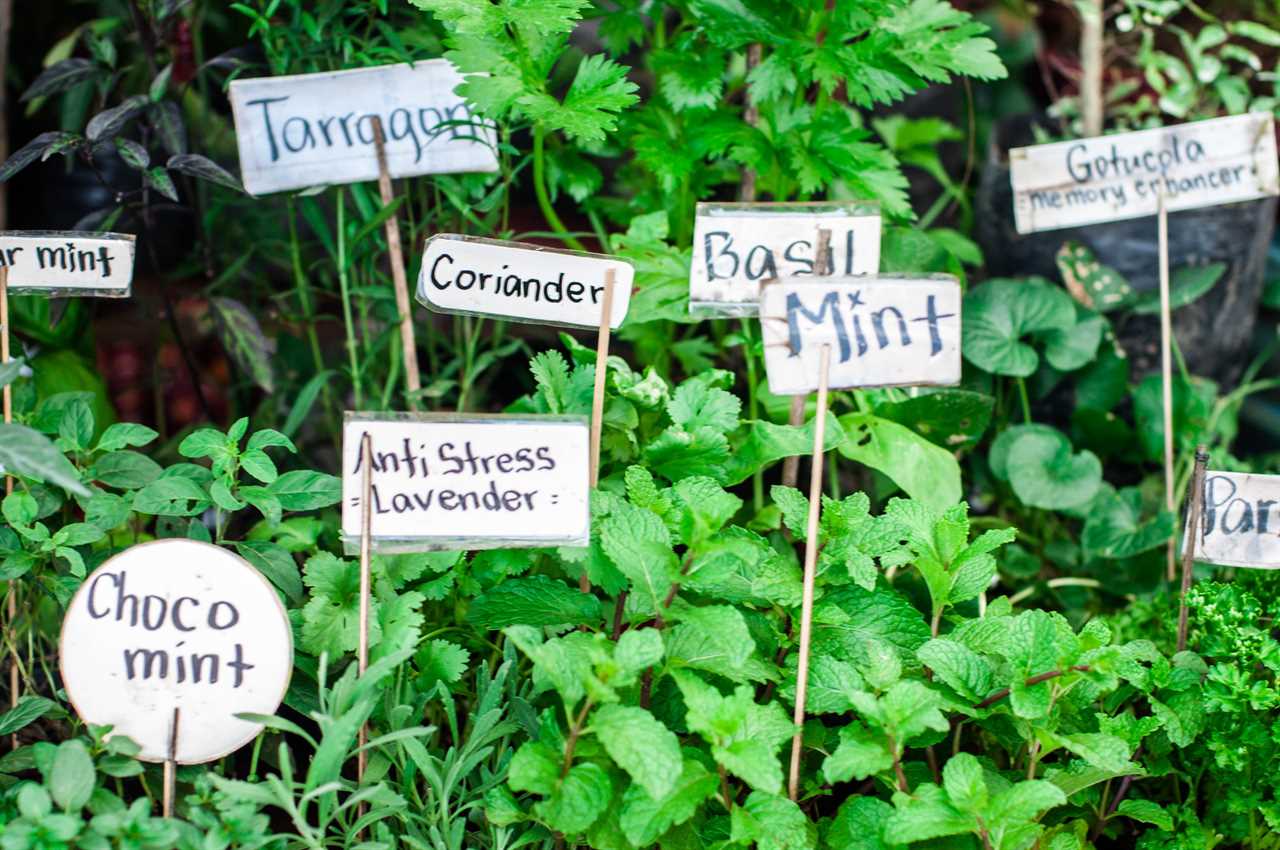 |
ASMR: Inspecting & Measuring all your SpectaclesAt Belovedsaffron.com, we are passionate about spices, herbs, recipes and organic eating and on a mission to bring you awareness about flavours from.. |
 |
Growing BASIL In Hydroponic System (No soil) - Timelapse!We understand that food has the power to connect us all, transcending cultures and distances. At Belovedsaffron.com, we are passionate about spices,.. |
 |
Tongkat Ali Safety: Side Effects & InteractionsTongkat ali is an herb that was used in traditional medicine primarily for its aphrodisiac and libido-enhancing properties, as well ... Read more |
 |
6 Herbs High in CopperCopper is a vital element that plays a role in cardiovascular and lung health, blood vessel growth, and more. Copper ... Read more |
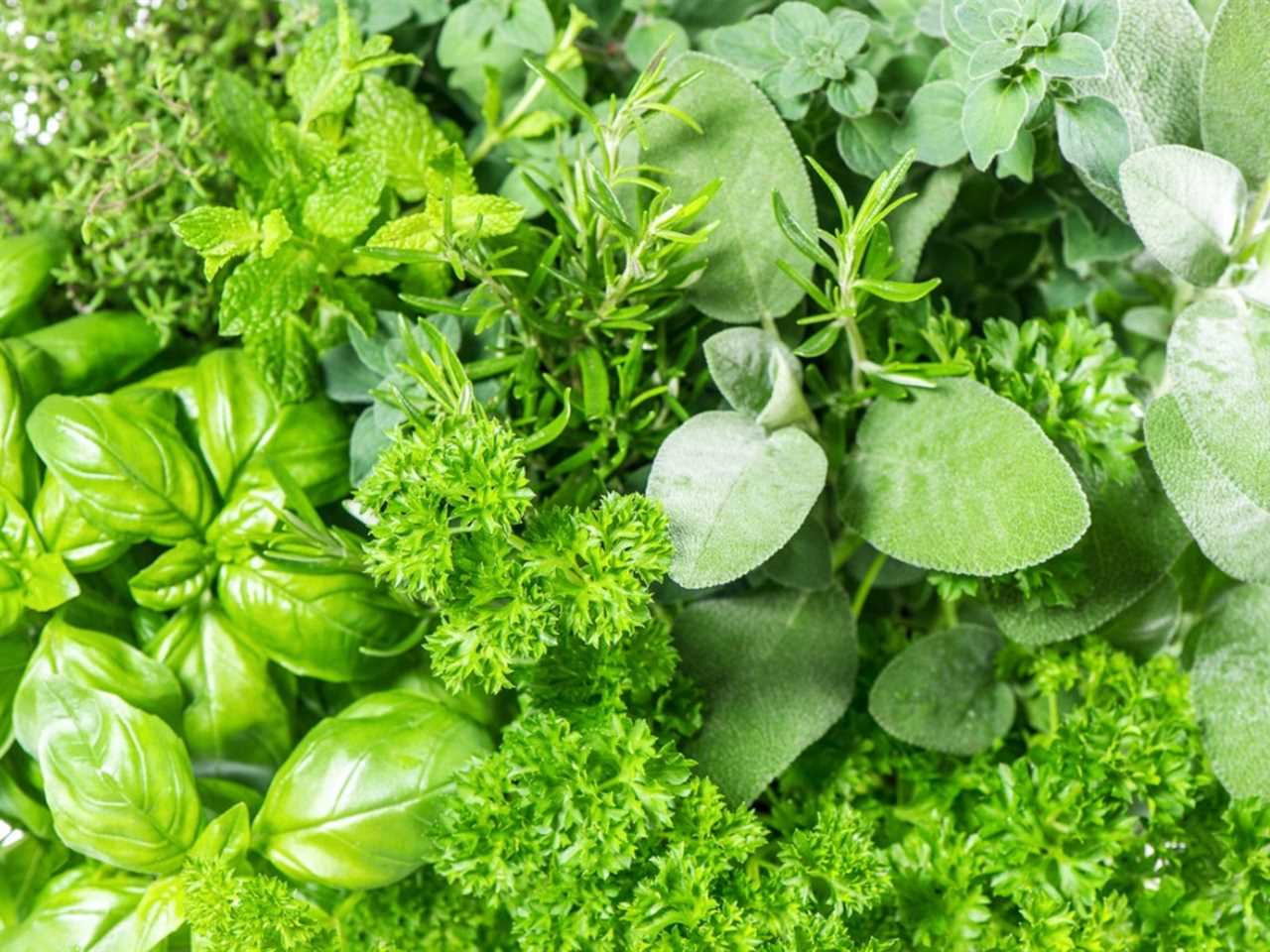 |
The Cup of LifeLike life, tea is what you make of it and The Cup of Life helps individuals enjoy tea in more than one way. Join me on my tea adventures through my blog! |
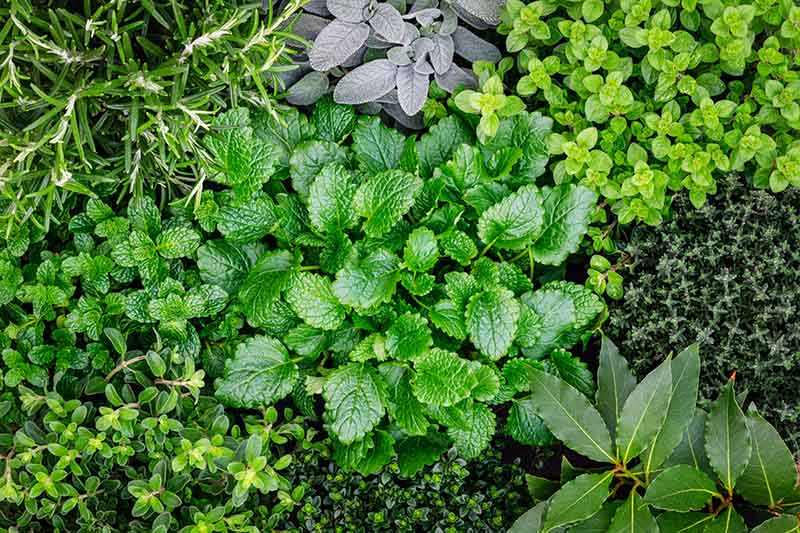 |
Apr 18, Spiny Amaranth Benefits with Sunny SavageJoin us in this new episode and I think you’ll understand exactly why Sunny Savage believes in spiny amaranth benefits so much! |
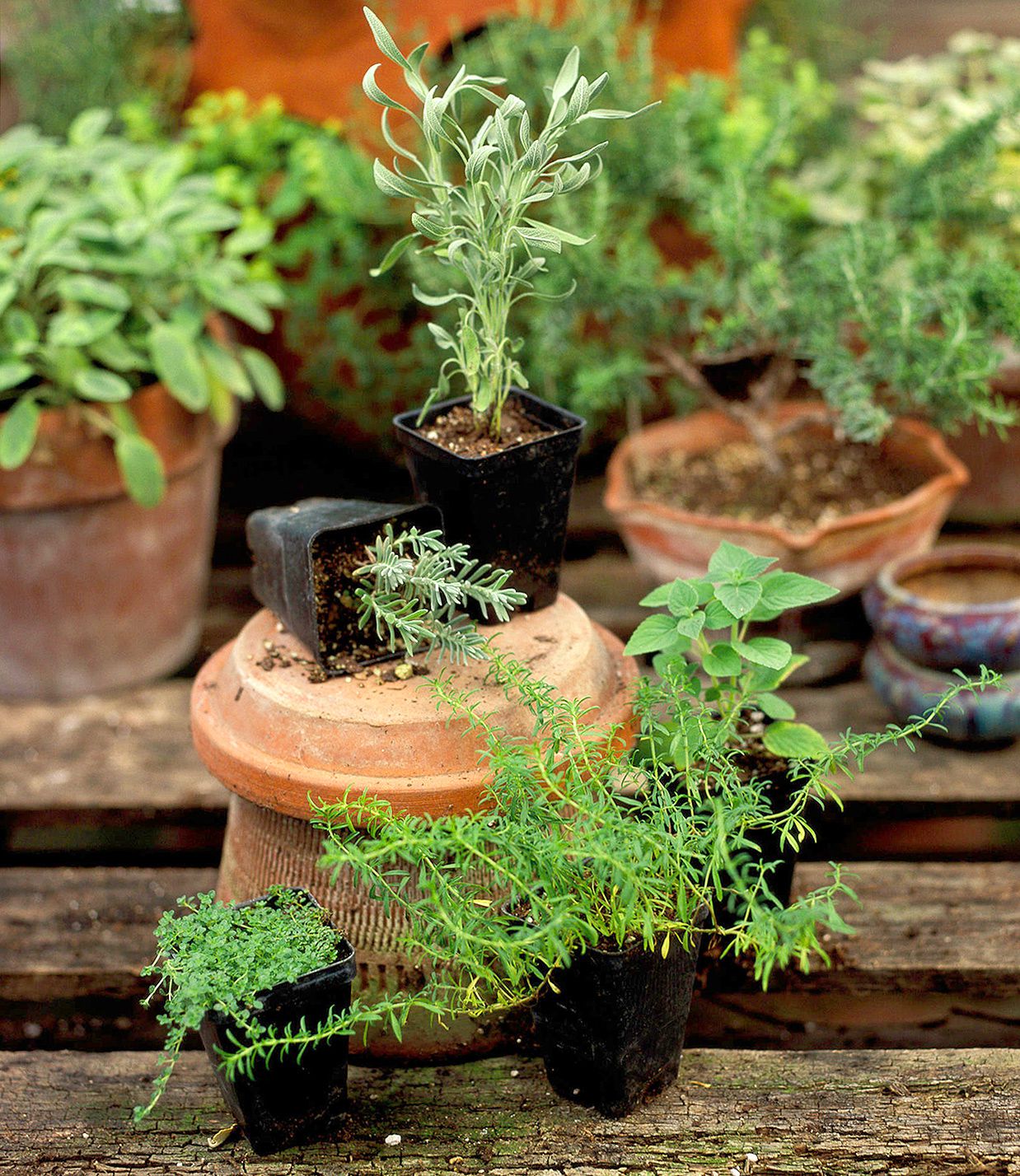 |
6 Herbs High in Niacin (Vitamin B3)Niacin is a naturally occurring nutrient known as vitamin B3. This vitamin supports and protects the nervous system, regulates blood ... Read more |
 |
Apr 11, Blackberry with Maeg KeaneWhat if blackberry could teach you about boundaries and letting go of what’s not serving you? Join me and Meag Keane for an astrology-inspired perspective! |
 |
6 Herbs High in QuercetinQuercetin is a plant chemical that acts as an antioxidant in the body, reducing stress and protecting tissue from damage. ... Read more |
 |
4 Benefits of Senega: Dosage & SafetySenega is a medicinal herb that has been used for thousands of years throughout Asia. This article will look at ... Read more |
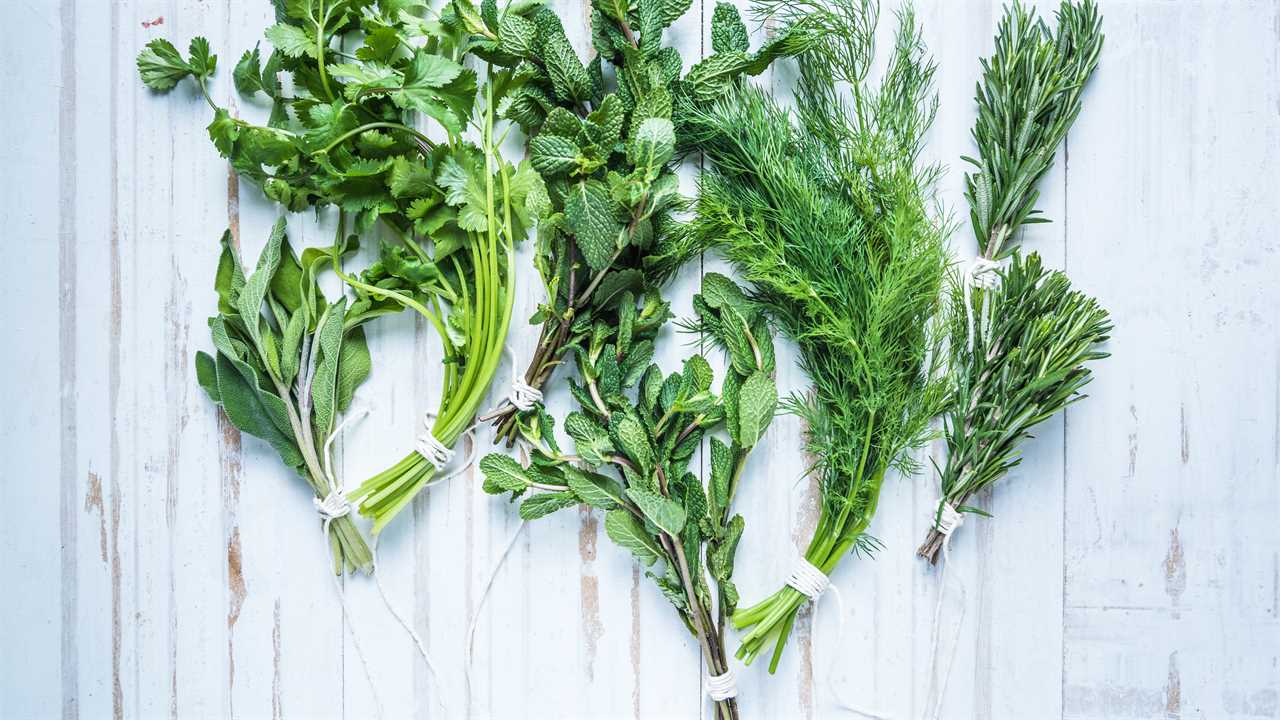 |
Apr 4, Stinging Nettle with Elise HigleyMeet Elise Higley from Oshala Farm and find out why I have so much respect for herb farmers! You'll also get Elise's recipe for Nettle Spring Tonic Vinegar |
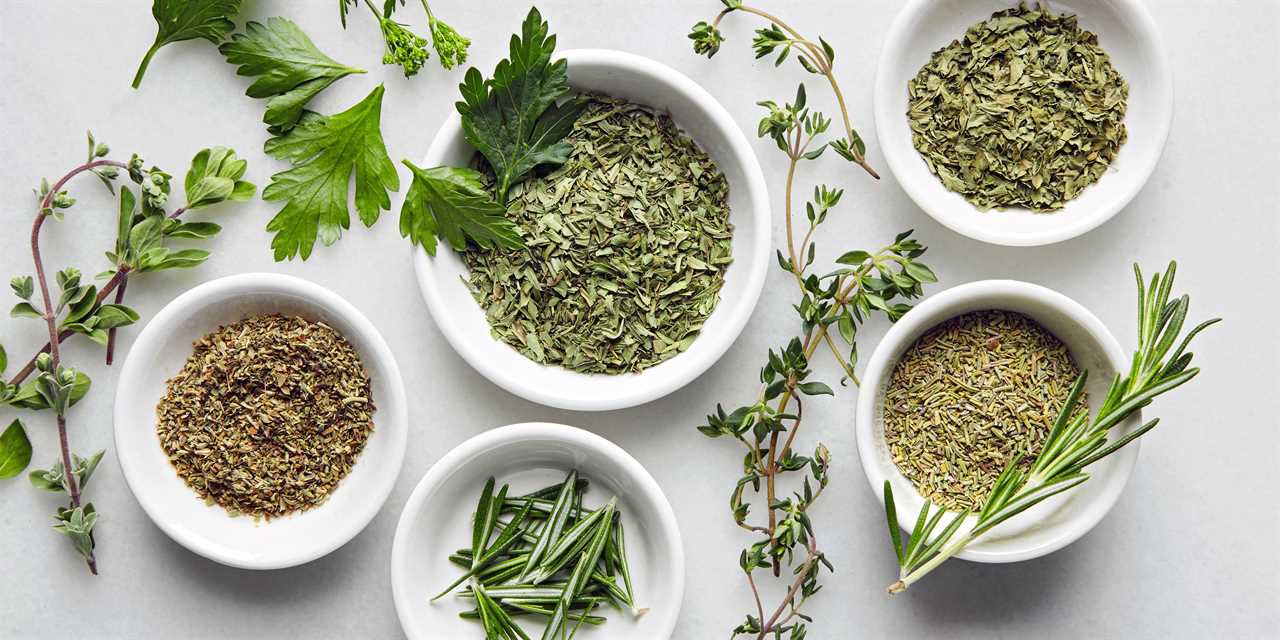 |
Mar 28, Calendula with Alex CrofootLet's hear Alex Crofoot talk about both new and familiar ways of working with this favorite (and very versatile!) plant: Calendula officinalis |
Lion’s Mane Mushroom Is Powerful For Your Brain’s Health
Lion’s mane mushroom (Hericium erinaceus) is a unique edible large shaggy fungus which looks like a grown lion’s mane. It has been used in East Asia for
 |
Delicious Elderberry Syrup Gummies for Cold Flu & SleepElderberry syrup is immune enhancing and protective against colds and flu. It’s one of my favorite natural remedies for avoiding or beating the flu. These flu |
 |
Helpful Plant Remedies For Anxiety And StressFeeling anxiety and stress lately? Are you feeling frustrated and wish you could just find a way to relax? Do you find that your heart is usually beating |
 |
Tomato Tea, A Natural Cold and Flu RemedyThis tea really works! You can literally feel your sinuses opening up. It’s an immune booster so even if you’re not sick drink this when others around you are |
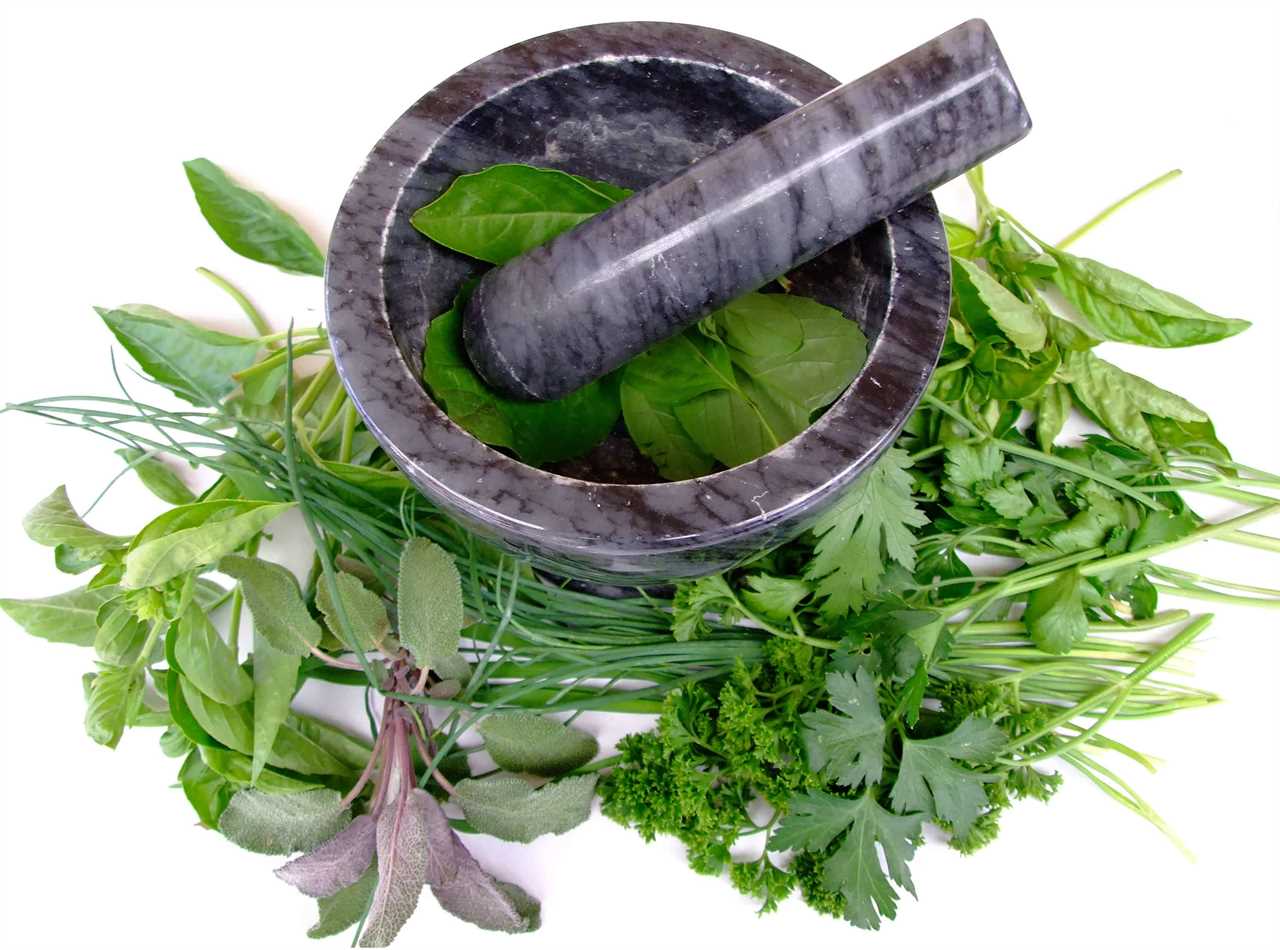 |
Tony Gebely · Tea Epicure · Taste DifferentlyA tea assessment platform that rates teas based on objective quality markers and a sensory evaluation resulting in a list of the best teas produced each year. |
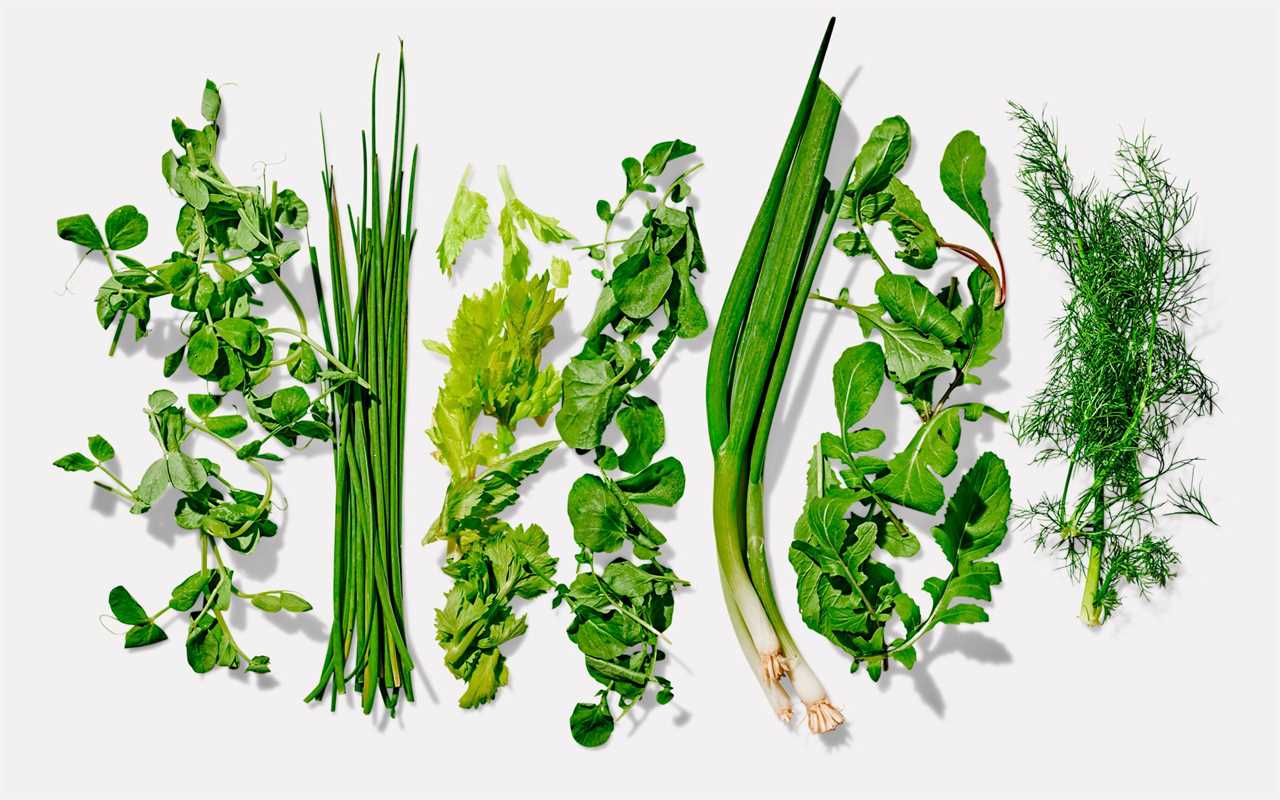 |
What Are Digestive Bitters And Should You Take Bitters?Bitters are a drink you sip before a meal to aid in healthy digestion. Traditional diets contained bitter foods because of their digestive action. The bitter |
.png)





